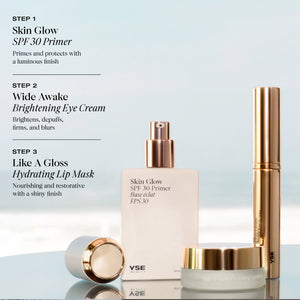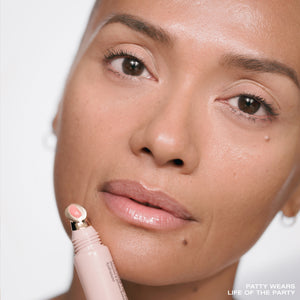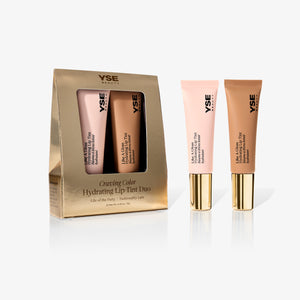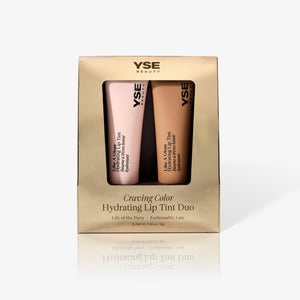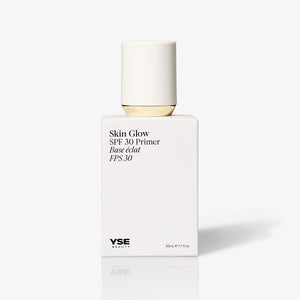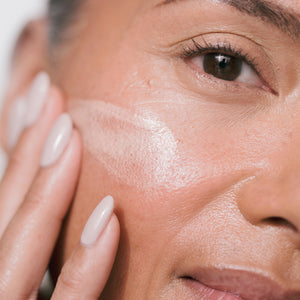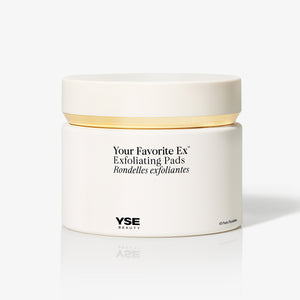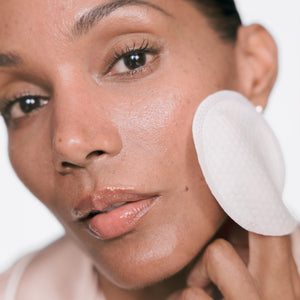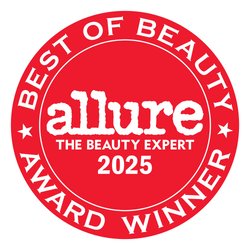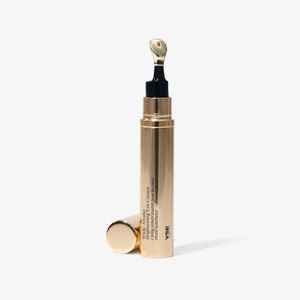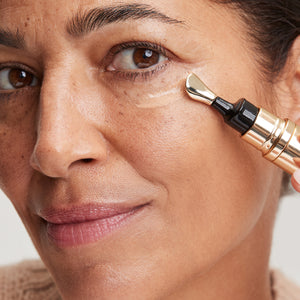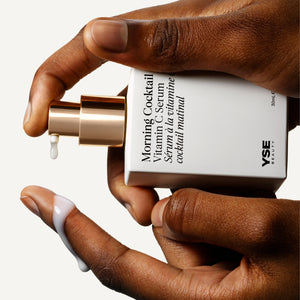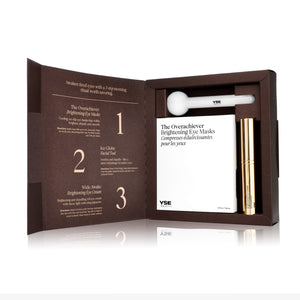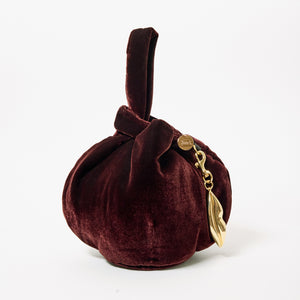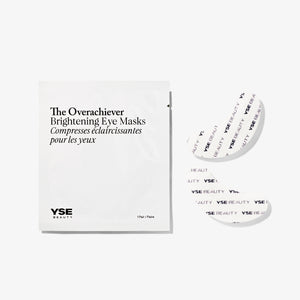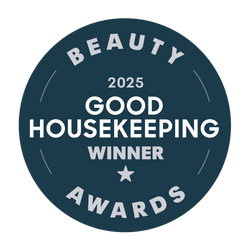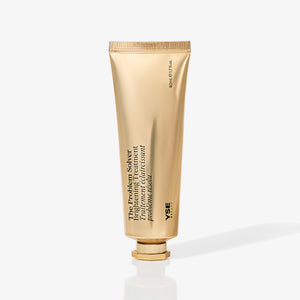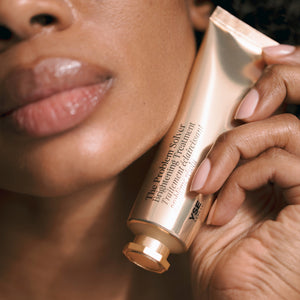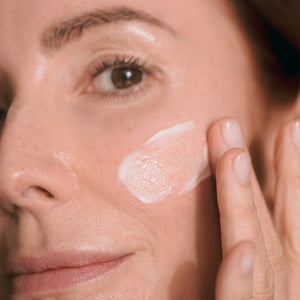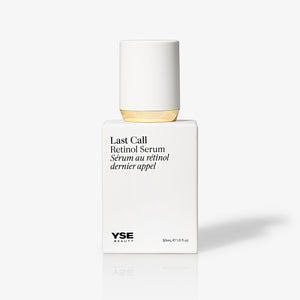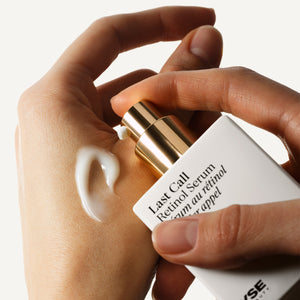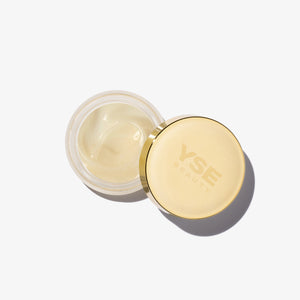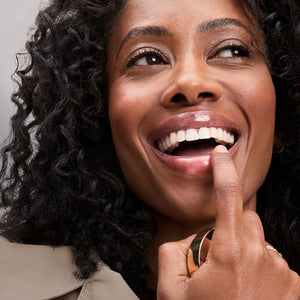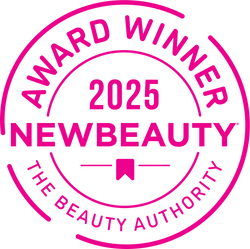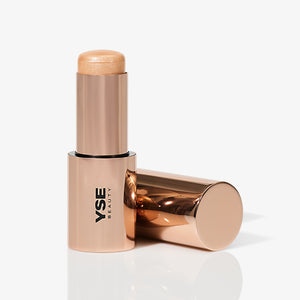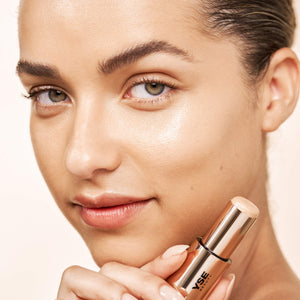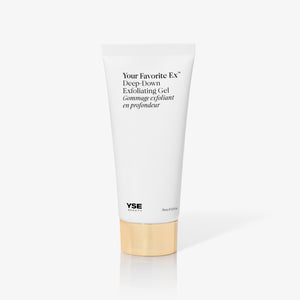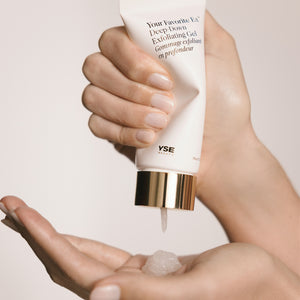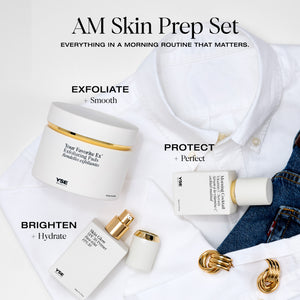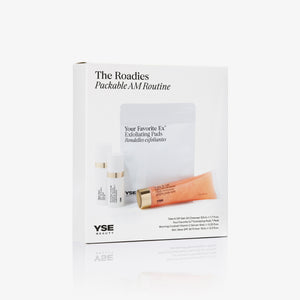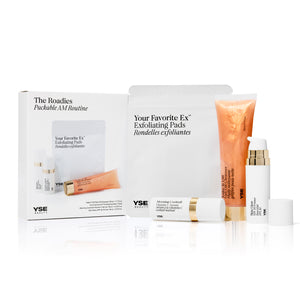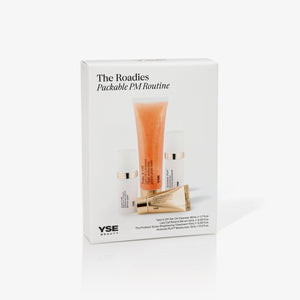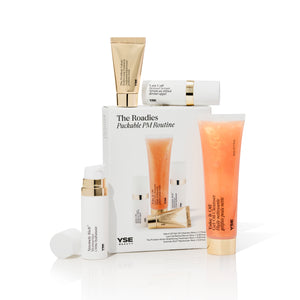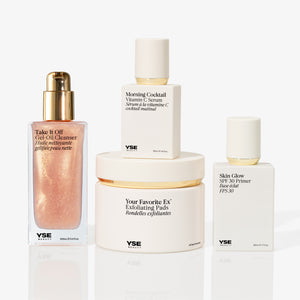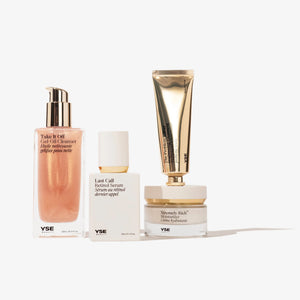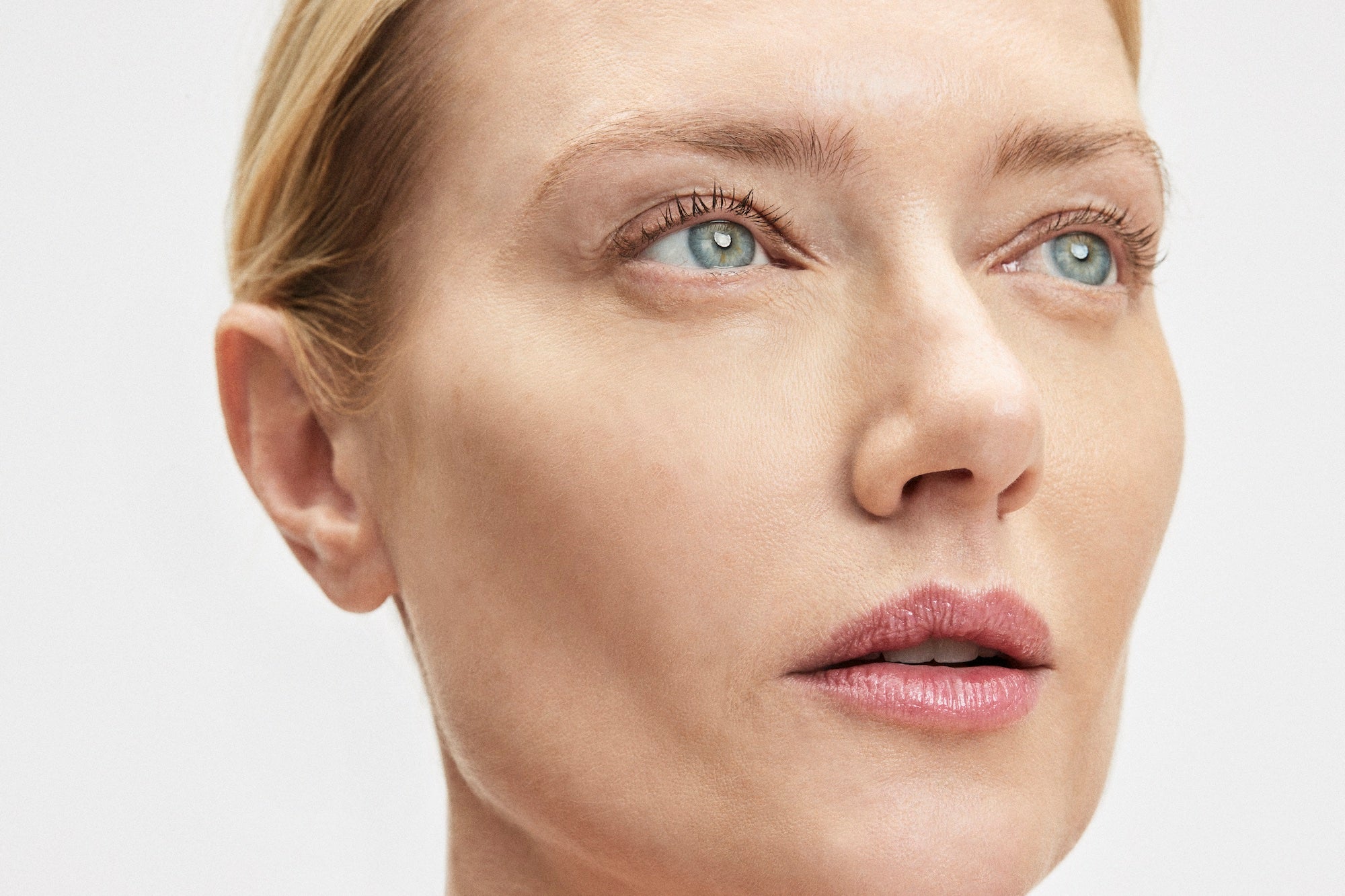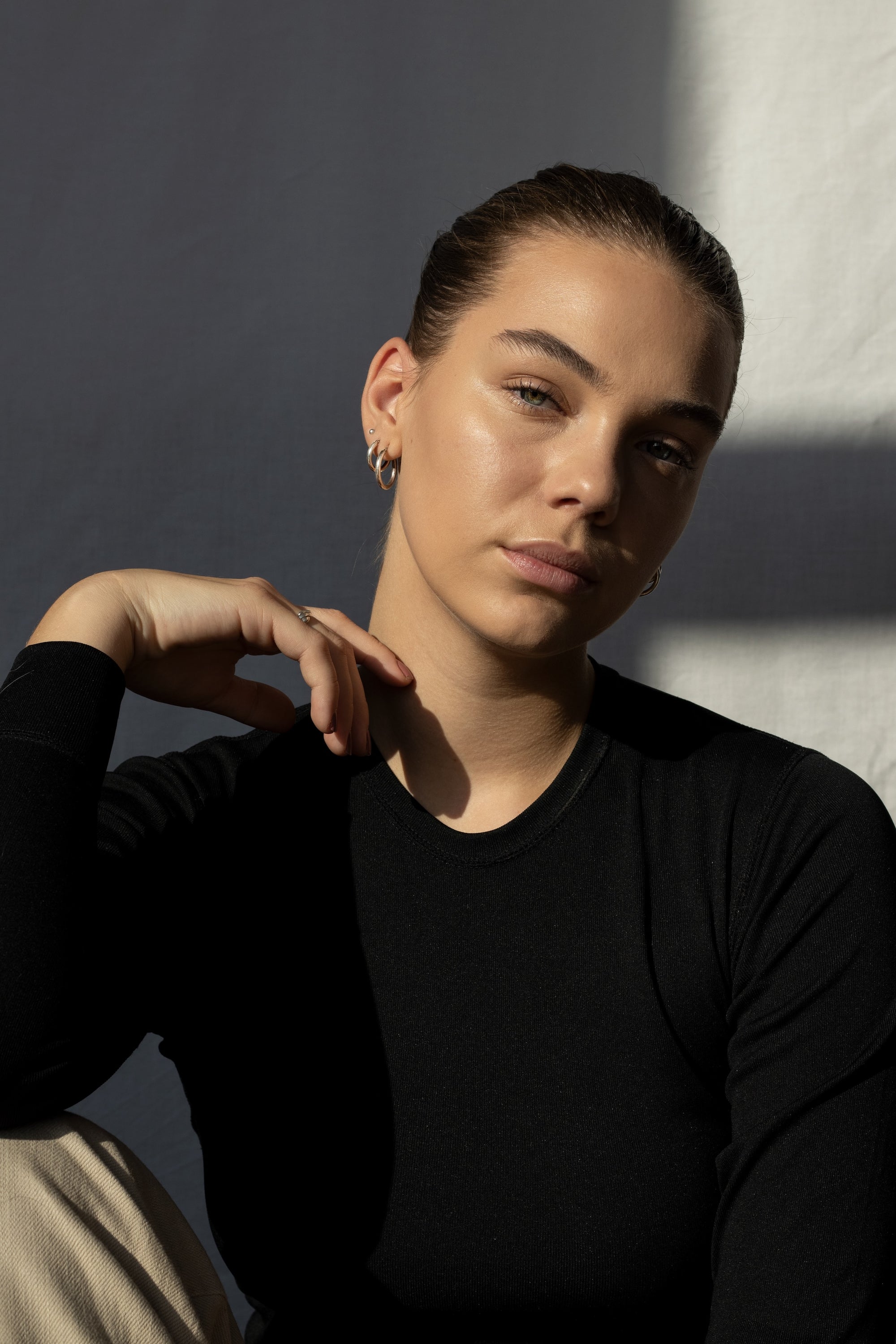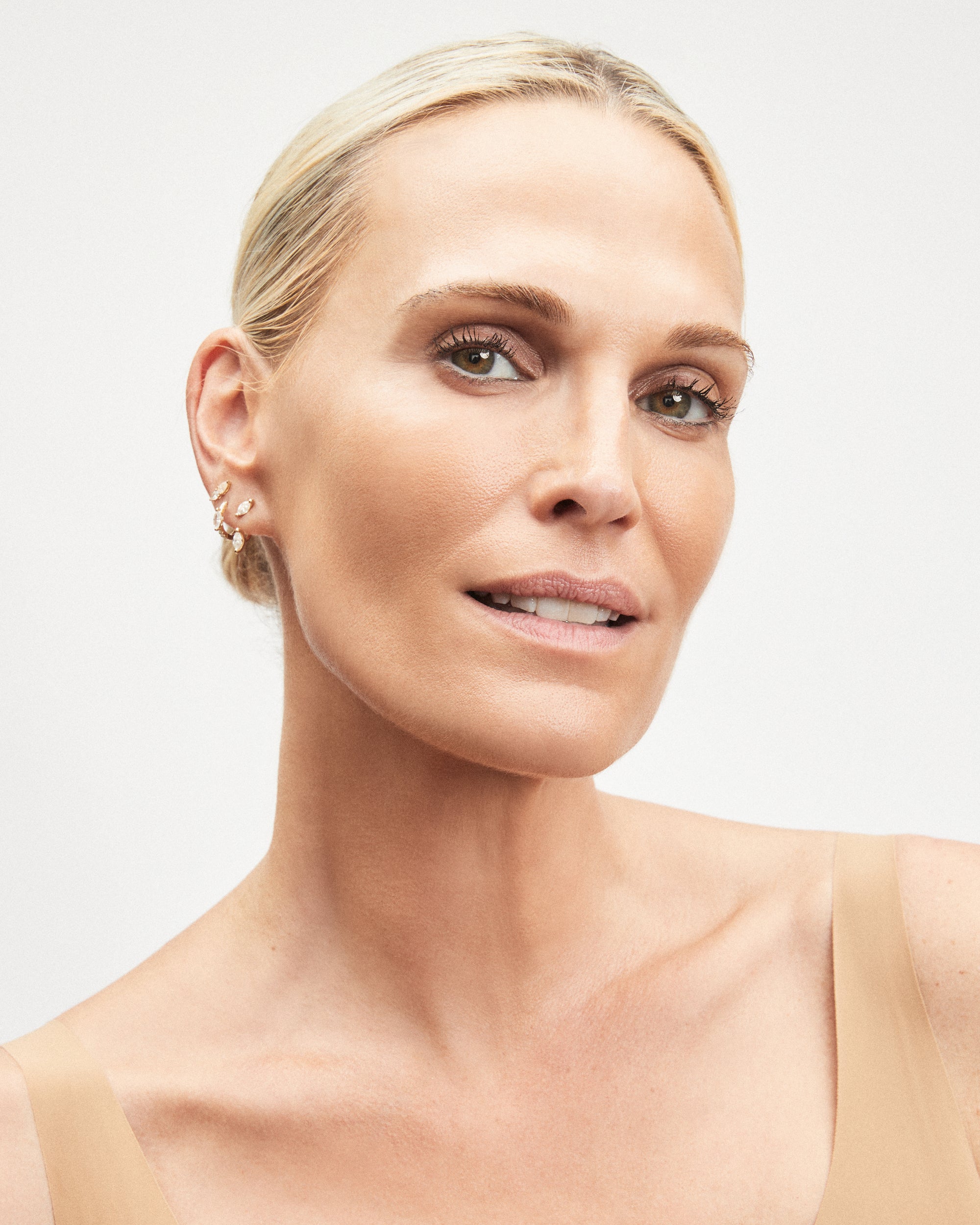Battling breast cancer, in general, is a frightening and life-altering experience. As told by Dulci Edge, a resilient survivor, the experience is as challenging mentally, as it is physically – but when you add motherhood to the equation, it takes on an entirely new meaning.
At the young age of 33, Dulci was diagnosed with Stage 2A, Grade 3, Triple Negative, Infiltrating Ductal Carcinoma Breast Cancer… all while recently embarking on the journey of motherhood, as her son was only two years old at the time.
Fast forward to today, Dulci now has two children of her own, one of which she was able to conceive and give birth to following her breast cancer recovery. She has quite a unique perspective having battled this disease, while also being a mother to a baby boy, and then becoming a mother to a daughter following the experience. And because of that, she so kindly shared more words surrounding her story, hoping it can be helpful guidance to any woman going through a similar experience.
Q: How old was your son when you were first diagnosed? What was motherhood like while battling breast cancer?
My son was just 2.5 years old when I was diagnosed. In many ways, it was a blessing that he was still so little because it spared us from having to explain to him what was going on. He was too young to understand and we made it our mission to keep life as normal as possible for him. In the beginning, it was so hard to be around him. I was an emotional wreck and seeing him was a constant reminder of what was at stake – what I could lose. But I also hated being away from him and felt like every second was precious. I spent so much time in chemo treatment, at doctors appointments, recovering from surgery and undergoing radiation…it’s stolen time with him I can never get back, but ultimately it’s what kept me alive.






























